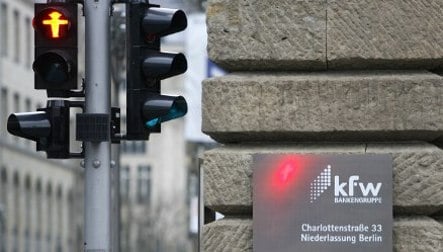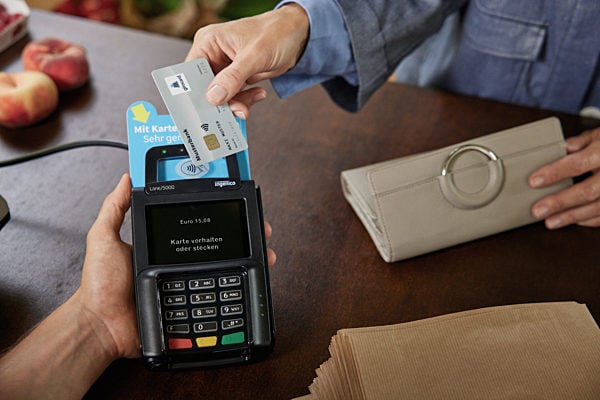October and November had been “catastrophic” for the bank, chief executive Ulrich Schroeder told daily Süddeutsche Zeitung.
The bank would need years to get over its losses, he added.
Hit hard by the international financial crisis, KfW recorded a loss of €1.8 billion ($2.26 billion) for the first nine months of the year, a statement said last week.
Its bail-out of stricken business lender IKB, in which KfW owned a majority stake it sold in August to US private equity group Lone Star for €150 million, cost it €1.1 billion. Devaluation of its asset portfolio cost another €1.6 billion.
The bank was also exposed to losses in connection with the crisis in Iceland.
And it made a serious blunder in mid-September, paying US investment bank Lehman Brothers €319 million the very same day it declared bankruptcy.
KfW has fired three directors involved with the error, which made the German development bank a laughing stock in financial circles. The three have been dubbed “Germany’s stupidest bankers” in the press.



 Please whitelist us to continue reading.
Please whitelist us to continue reading.